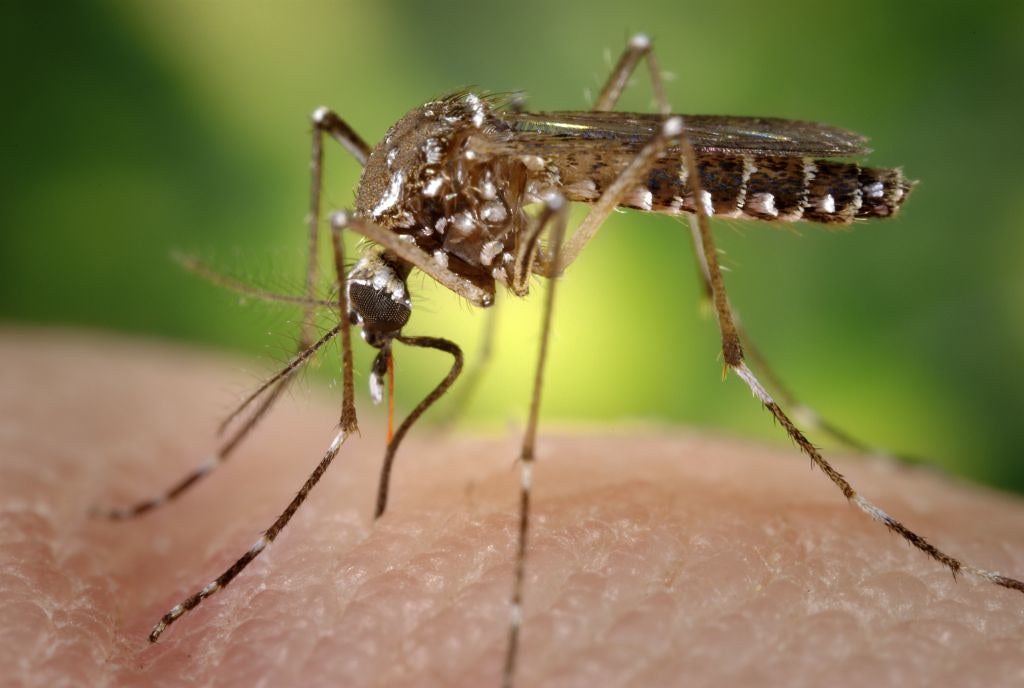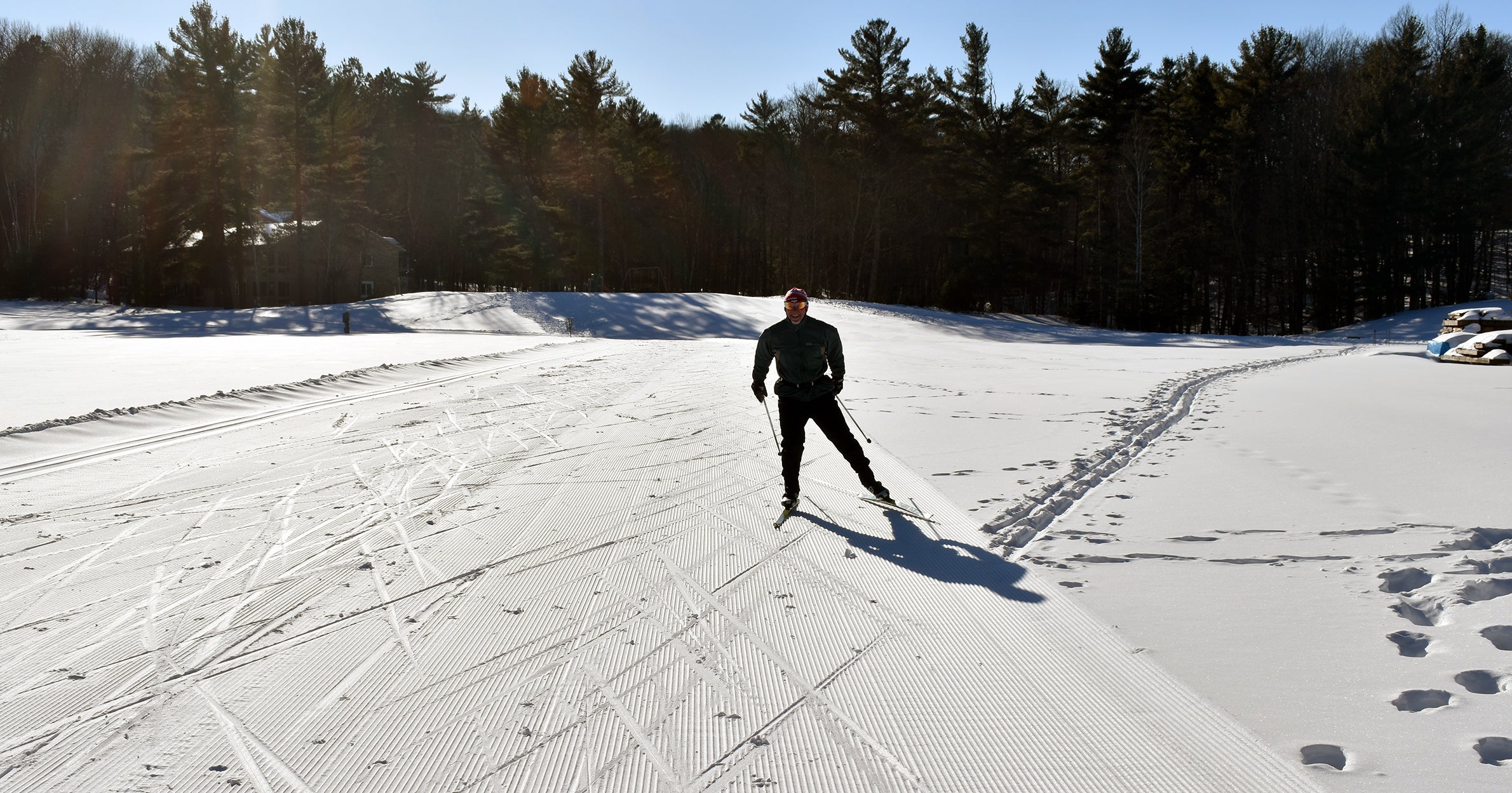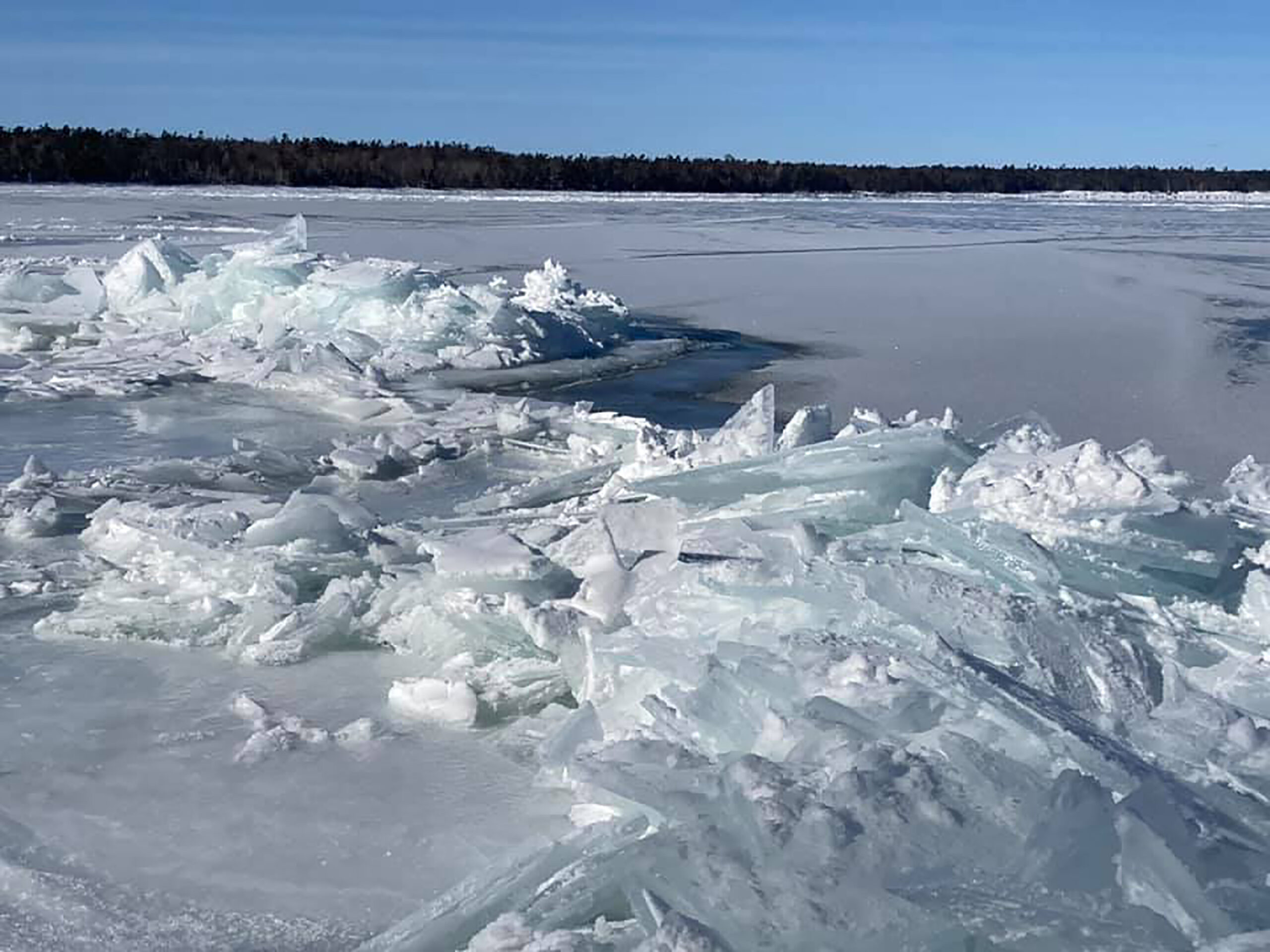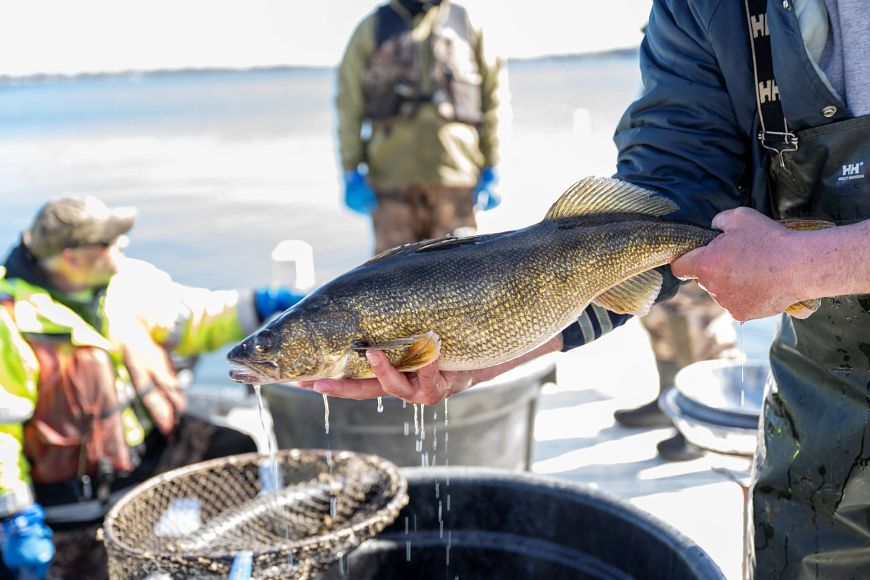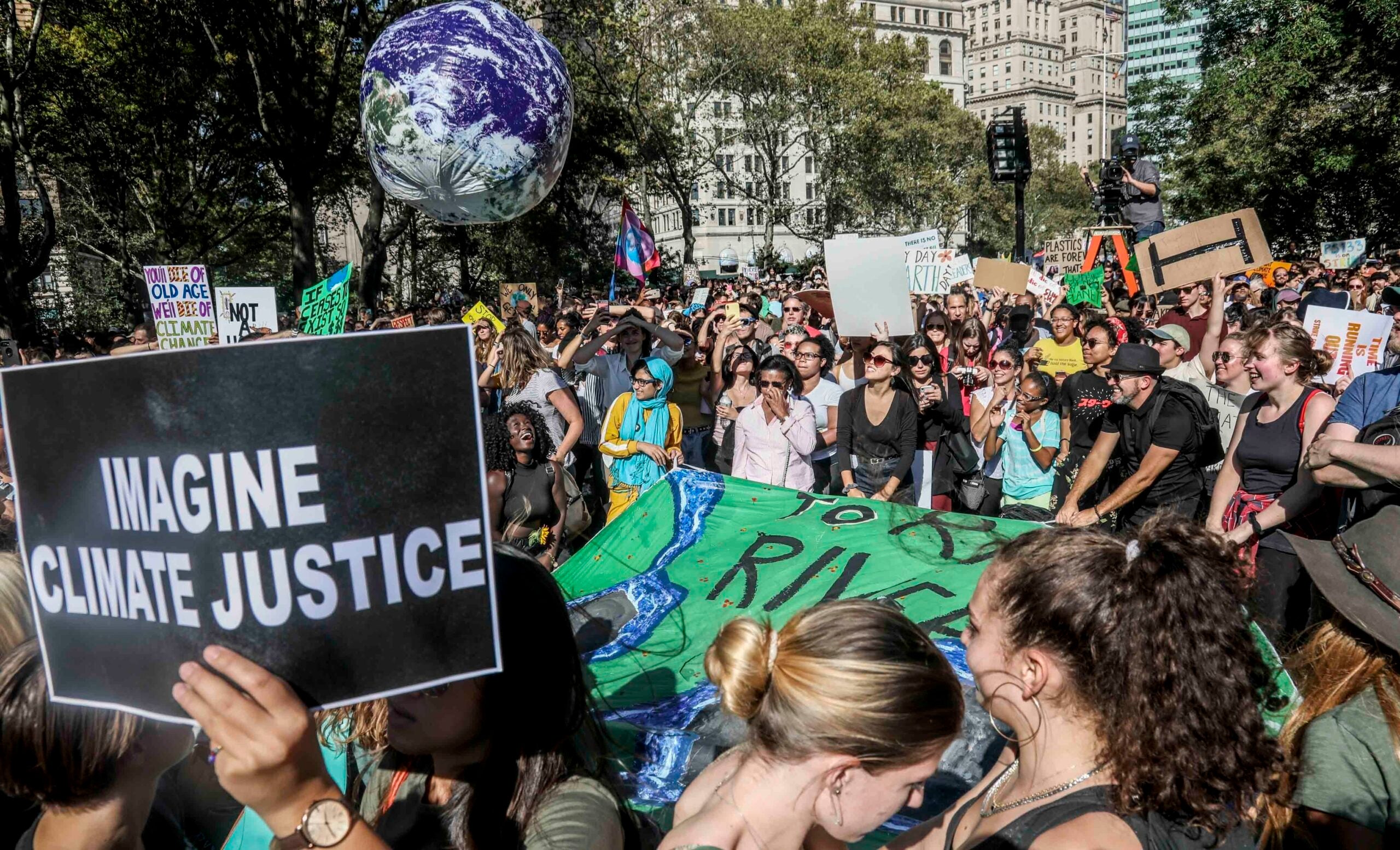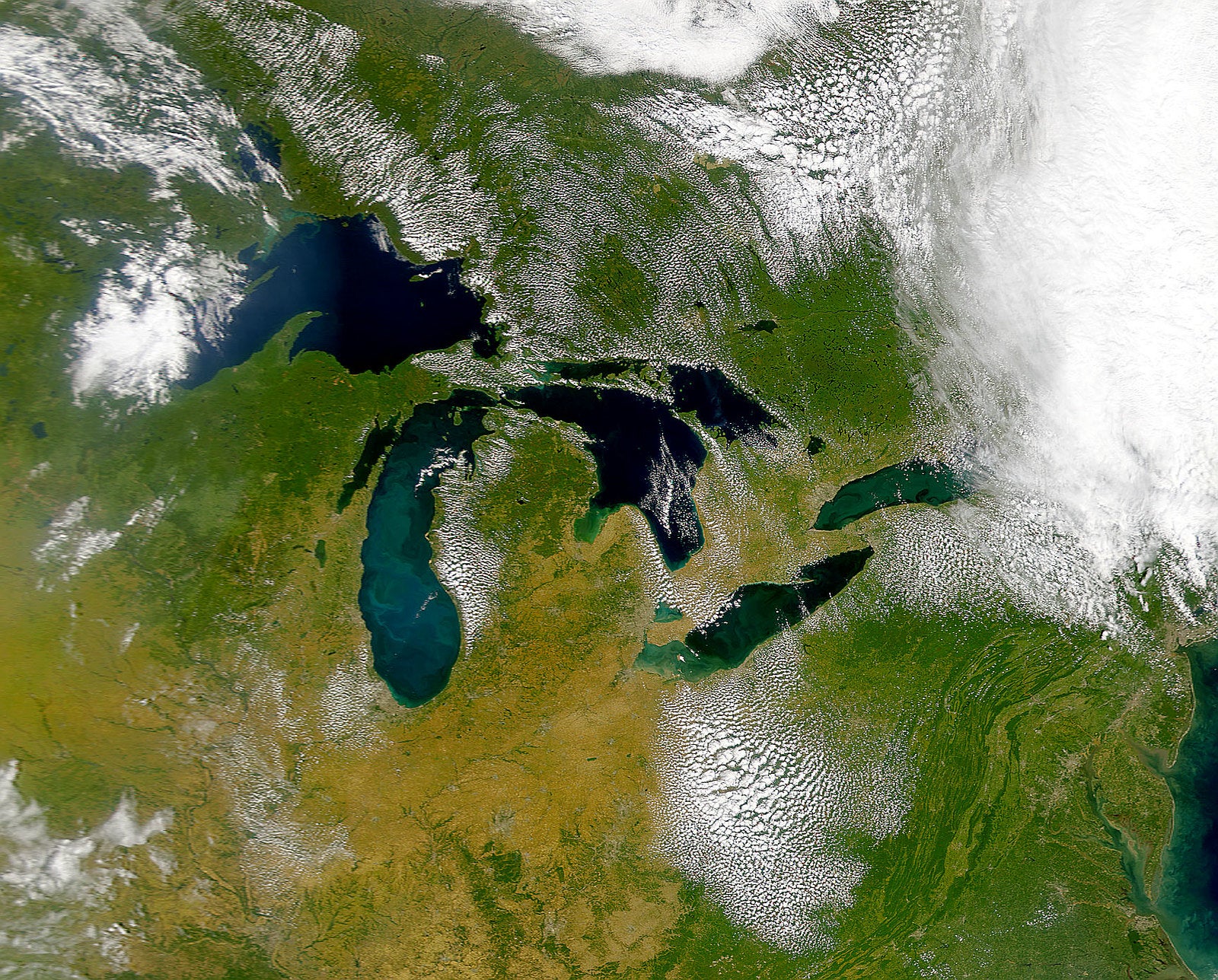Climate hazards like flooding, drought and wildfires are making known infectious diseases worse for people, according to a new study.
The study by University of Hawaii researchers examined more than 77,000 cases in scientific papers about illnesses and their connection to climate hazards. It found more than half of known human pathogenic diseases worldwide — 218 out of 375 — appeared to be worsened by extreme weather linked to climate change.
The research identified more than 1,000 pathways for events tied to climate change like extreme rainfall, sea level rise and heatwaves to make people sick, according to Jonathan Patz, one of the study’s co-authors.
News with a little more humanity
WPR’s “Wisconsin Today” newsletter keeps you connected to the state you love without feeling overwhelmed. No paywall. No agenda. No corporate filter.
“We’ve known for a long time the impacts of climate change,” said Patz, a professor with the Nelson Institute and Department of Population Health Sciences at UW-Madison, describing direct effects like heat waves and mosquito- and water-borne disease. “In this study, these viral and bacterial diseases show up as worsening from the effects of climate change.”
The study found only 16 percent of diseases would be reduced by the effects of climate change. Patz said that includes influenza and rotavirus, which do better in colder temperatures.
The study shows that climate change affects human health and the environment, according to Erik Franklin, an associate research professor at the University of Hawaii.
“We need to be prepared to adapt. We need to be prepared for some of these changes that are coming,” said Franklin. “It’s yet another clarion call that we need to find some strategies to decrease global greenhouse gas emissions as soon as we can.”
Franklin said the study also examined COVID-19, but it wasn’t a prominent part of their research. The report found climate hazards both exacerbated and reduced transmission of the virus. The research said people in some areas may have been stuck indoors due to extreme rainfall, limiting social contact. On the other hand, extreme heat could have forced more people to gather indoors, seeking to cool off.
“What COVID does is it represents the fact that there’s some uncertainty in what future diseases may occur,” said Franklin.
The report said COVID-19 highlighted the social disruption that can stem from infectious diseases, offering a glimpse into the possible outcomes of climate-driven infections.
Patz said the study also went beyond examining infectious diseases and looked at 40 illnesses that aren’t infectious, including allergies to pollen and contact dermatitis. The research has implications for Wisconsin as the state has witnessed temperatures warm by 3 degrees Fahrenheit, as well as five inches more rainfall every year since the 1950s.
“We see pollen season that’s two weeks longer than it used to be. We see increases in extreme rainfall, and that’s a risk for water quality, especially from combined sewage overflow events. So, that’s a problem,” said Patz. “And with warmer temperatures in Wisconsin, we see more harmful blue-green algae. And, of course, we’re always worried about some of the mosquito-borne diseases that are moving.”
Patz said the Inflation Reduction Act that President Joe Biden signed into law recently should steer investment toward the root of the problem, which provides $369 billion for the clean energy transition. Even so, the legislation props up fossil fuels through new oil and gas leasing.
Republicans like Wisconsin U.S. House Rep. Tom Tiffany say the law’s increased excise taxes on crude oil and imported petroleum will only lead to higher prices at the gas pump as Americans deal with record inflation. Democrats contend the funding will help cut emissions 40 percent from 2005 levels by the end of the decade.
Scientists told the Associated Press that the investment should reduce warming, but the nation would still fall short of a goal to limit warming to nearly 3 degrees Fahrenheit under the Paris Climate Accords.
Wisconsin Public Radio, © Copyright 2026, Board of Regents of the University of Wisconsin System and Wisconsin Educational Communications Board.

